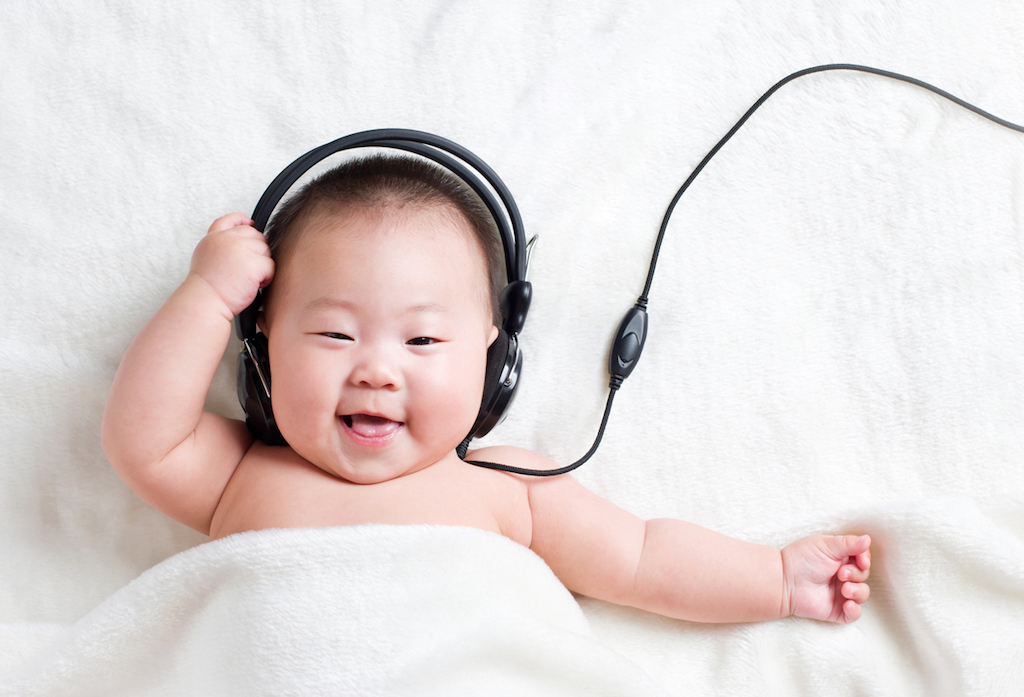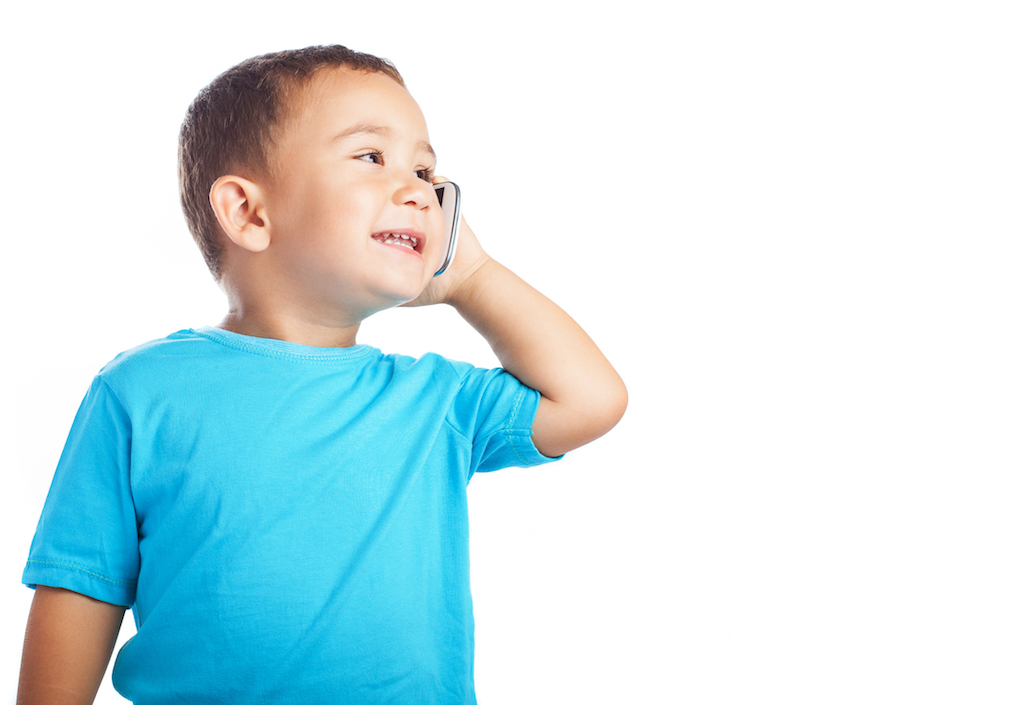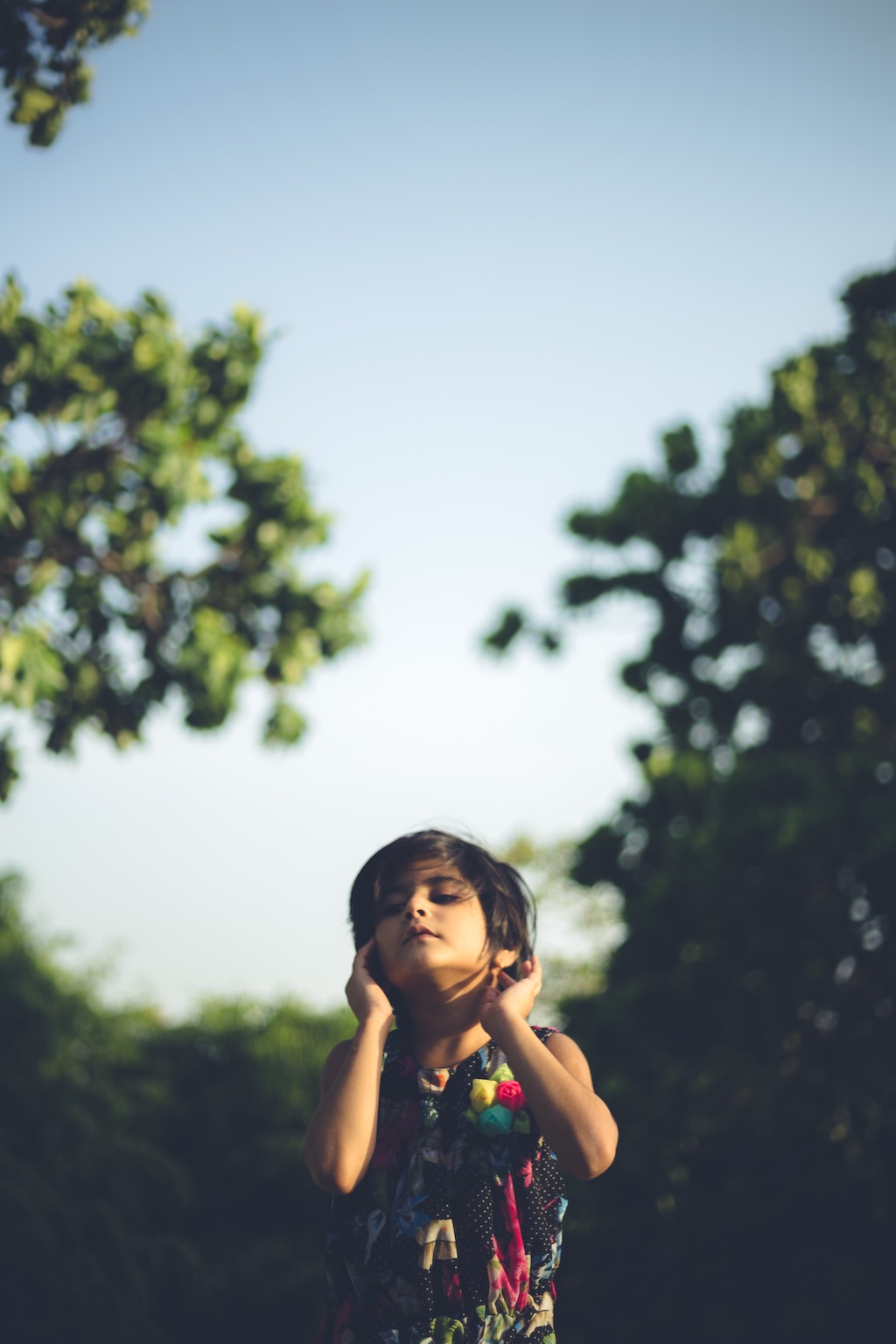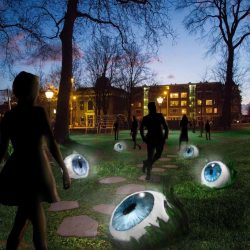SingaporeMotherhood | Baby & Toddler
February 2017
Hearing Loss In Babies and Children: Why it Happens, What You Can Do

What can you do if your child is born without any hearing ability? Or what if he or she has hearing loss while growing up?
In Singapore, up to 3.8 per 1,000 newborns have hearing loss. One in 1,000 has a severe or profound hearing loss condition. It is also estimated that 15 to 20 per cent of preschool children may develop late onset hearing impairment in their growing years, say ENT specialists in Singapore.
[banner][/banner]
The Universal Newborn Hearing Screening (UNHS) was introduced as a nationwide programme at the KKH Women’s and Children’s Hospital in 2002. Since then, almost all newborns in Singapore are screened to check for plausible hearing function inadequacy. If found, the child will then be rehabilitated as early as possible. Rehab continues as the child’s brain progressively attains full speech and language ability.
This rehabilitation programme is highly specialised. It is available in medical institutions like the Singapore General Hospital, KKH Women’s and Children’s Hospital, and the National University Hospital.
“Before this, children with hearing difficulty would be detected late, for instance, only when the parents noticed that their child’s speech development is delayed. This was usually at around the age of two years,” says Dr Foo Toon Hiong, a Specialist in ENT Surgery at Raffles Hospital.
For older children, hearing loss may be noticed by teachers at school. It could also be discovered by a family member. Once suspected, the child will undergo audiological tests. These tests confirm the presence of hearing loss, severity of loss, and the side affected, says Dr Stephen Lee, a Specialist in ENT Surgery at Raffles Hospital.
It’s also possible for children to lose their hearing later in life. American educator Helen Keller is an example. Born able to see and hear, she contracted an illness at 19 months old which left her both deaf and blind. Doctors speculated that the illness, described as “an acute congestion of the stomach and the brain”, could have been rubella or scarlet fever. Other infections such as meningitis, and middle ear fluid accumulation, can also lead to hearing loss.
The other culprit? Devices.
“Devices do more harm to your hearing than you think. We all have tiny hair cells that line the inner ear. These transmit signals to the brain, which are interpreted as sound. Listening to loud music flattens these hair cells, and noise damage over a long period can cause them to snap,” explains Helder Araujo, COO and Audiologist at Nessa Asia.
 Image: Designed by Freepik @asier_relampagoestudio
Image: Designed by Freepik @asier_relampagoestudio
Hearing Tests for Children
Although the Universal Newborn Hearing Screening is not compulsory here, 99 per cent of local parents opt for their newborns to take it. Doctors recommend giving newborns this inexpensive and non-invasive test. “Early detection of hearing issues gives the best outcome for the child’s educational, speech, language, and social developments later in life,” says Dr Foo.
For older children above the age of four, a normal hearing test can confirm if a hearing problem exists. The most simple and common test here is the pure tone audiogram (PTA).
This works by getting the subject being tested to respond to the sound tones presented “by pressing a response button or raising a hand when the subject hears the sound tone,” explains Dr Foo.
“Children four years old and above may be able to cooperate in the PTA to make the hearing test results meaningful and acceptable. With younger children, including newborns, where needed cooperation in the PTA is not possible, other audiological tools and methods are required. These will involve the trained expertise of an audiologist.”
Does My Child have a Hearing Problem? What Should I Look Out For?
So what are the signs and symptoms that parents take note of to find out if our children have hearing problems? Helder Araujo, COO & Audiologist of Nessa Asia, tells us:
Babies who do not
- startle at loud noises
- turn to the source of a sound after six months of age
- say single words like ‘mama’ or ‘dada’ by one year of age
- turn their heads to look at you when you call their name
- hear all sounds, only some
Children who
- have speech that is delayed or unclear
- do not follow directions
- say ‘huh’ often
- turn the TV volume up too high
What can I do to Ensure that my Child has Healthy Hearing?
You can start even before your child is born. “A healthy pregnancy is always a good way to ensure that your child develops properly and is born without ear malformations,” says Mr Araujo. Speak to your obgyn to learn about how you can prevent infections that could cause your baby to be born with hearing loss.
Once born, your child should undergo all the regular childhood vaccinations. You should also keep your child away from sources of high noise levels, even from toys that are too loud.
However, even if you take as much care as possible, there are other health factors that may negatively influence the well-being of a child’s hearing function at birth and during the developmental years, says Dr Foo.
These include:
- congenital malformations of the external ear
- severe ‘neonatal’ jaundice after birth
- difficult labour resulting in ‘oxygen starvation’ (asphyxia) of the baby while in the mother’s womb
- low birth weight (small baby)
- exposure to drugs in the mother while the baby is in the womb that may have ‘toxic’ effects on the hearing organs (ototoxicity)
- brain infection (meningitis)
- severe infection in the blood (septicaemia)
- hereditary familial hearing loss
Still, there is no need to be overly concerned unless you know there is a reason to. “Normally, children that are born through a normal delivery without any grossly abnormal health events afterwards grow up and develop into healthy adults with normal hearing acuity,” assures Dr Foo.
All content from this article, including images, cannot be reproduced without credits or written permission from SingaporeMotherhood.
Follow us on Facebook, Instagram, and Telegram for the latest article and promotion updates.








